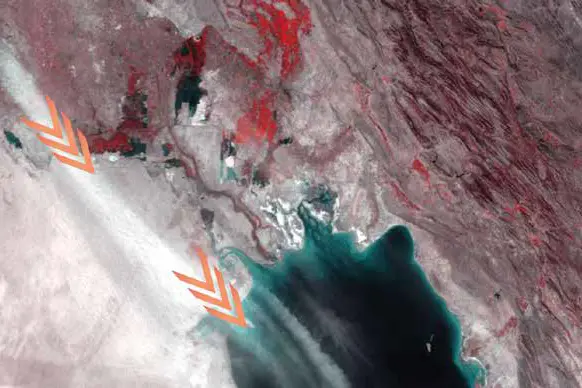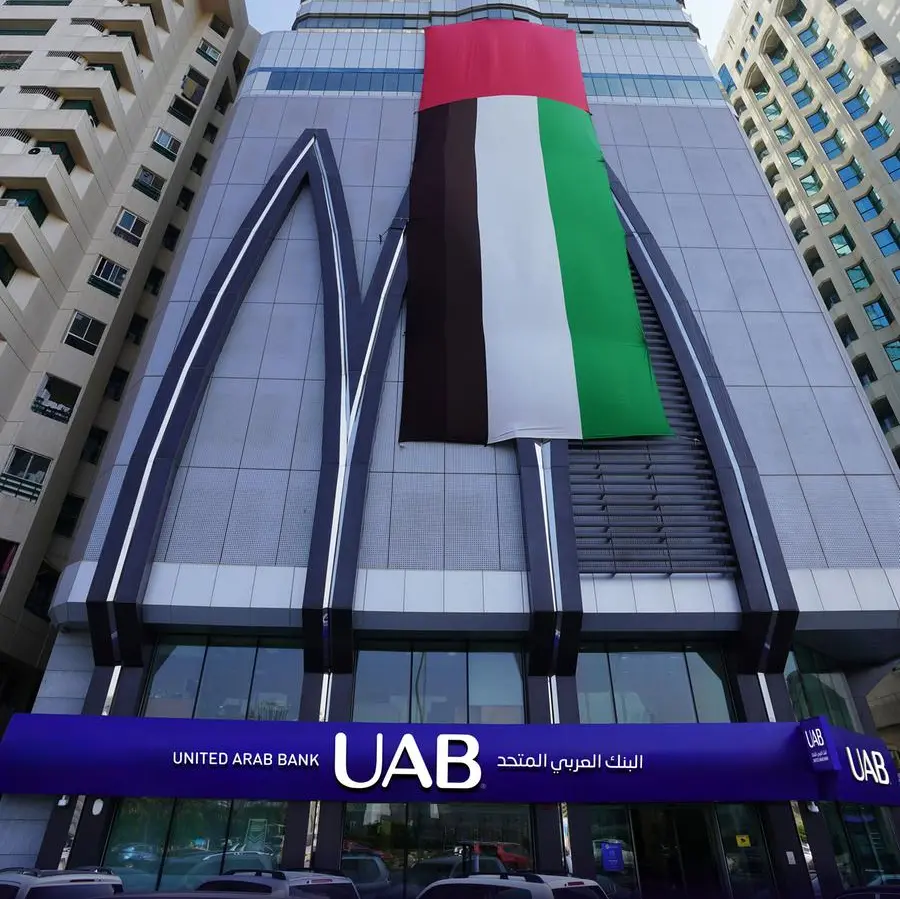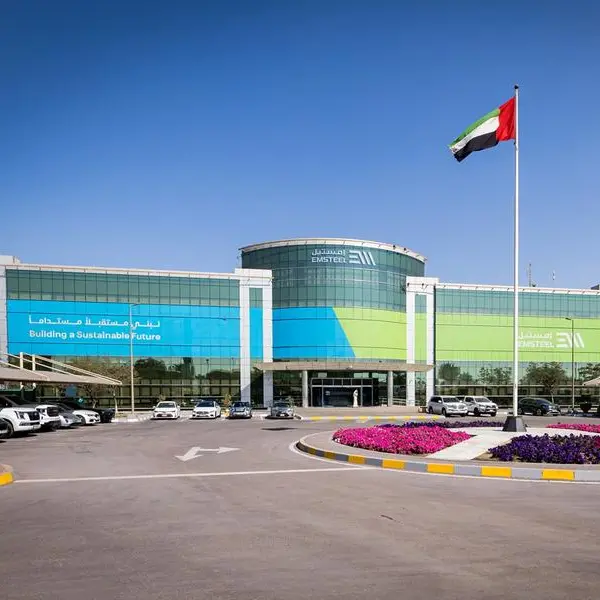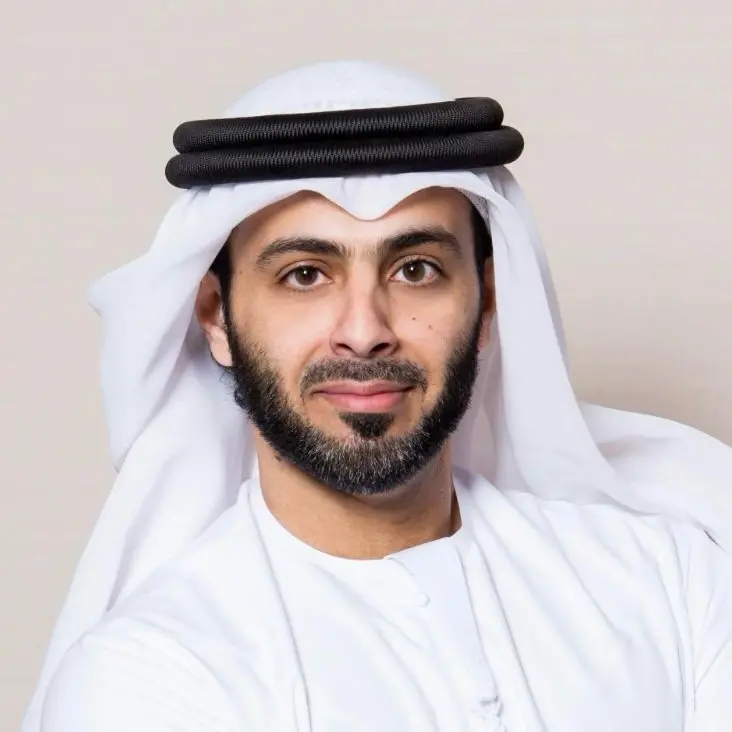PHOTO
Multiple roles are undertaken by the Kuwait Fund for Arab Economic Development, as it carries out important practices to preserve the environment. The Fund has paid great attention to projects that help transition toward clean energy, and the environmental sector has become one of its current priorities, in light of global trends and the desire to solve climate change problems.
Climate change is one of the challenges facing the international community today, and finding solutions to it has become a priority for all countries due to its negative impacts, threatening not only the environment but all aspects of life. These impacts range from changing weather patterns and threatening food production to rising sea levels and catastrophic floods, as well as our increasing exploitation of the earth's natural resources, which destabilizes the climate and leads to the extinction of many species. Therefore, addressing this problem requires collective efforts to achieve the 17 Sustainable Development Goals (SDGs) for 2030, launched by the United Nations in recent years to improve the conditions of the world and its inhabitants over the next 15 years.
One of the most prominent projects the Fund has contributed to in the field of environmental preservation and reducing harmful gas emissions is the adaptation and resilience project for cross-border sand and dust storms. The Fund financed this project in collaboration with the United Nations Human Settlements Programme (UN-Habitat) and the State of Kuwait with a grant of 4 million Kuwaiti dinars, equivalent to about 12.8 million dollars. The aim was to reduce the occurrence of sand and dust storms originating from several provinces in southern Iraq, which directly affect Kuwait and other countries in the region. The project aims to address the causes of dust storms to provide a safe and clean environment for affected populations in the present and future.
Kuwait Fund Operations Engineer Mr. Abdulaziz Al-Sumait emphasized the importance of this project as the first of its kind and added, "The State of Kuwait is the largest beneficiary of the project in terms of health and economic aspects. These storms cause many diseases due to the type of dust they carry, and Kuwait's economy is negatively impacted by dust storms affecting oil facilities, power plants, and dust encroachment on roads." Al-Sumait added that they expect the project to improve living conditions in Kuwait and the region as a whole.
Ms. Amira Al-Hassan, Director of the UN-Habitat Programme in Kuwait, added that this is the first project of its kind in the Middle East. It ensures cooperation between multiple partners who all believe in the importance of its proper implementation and its future effectiveness in combating the effects of climate change globally, particularly its economic and health impacts on urban and coastal populations.
The cross-border sand and dust storm adaptation and resilience project will be implemented in Kuwait and southern Iraq with full funding from the Kuwait Fund, with a total budget of 4 million Kuwaiti dinars. The project is expected to reduce more than 40% of the dust crossing into Kuwait by treating and stabilizing the soil at two sources of sandstorms in the provinces of Dhi Qar and Muthanna in Iraq, located about 250 kilometers north of the Kuwaiti border, which directly affects Kuwait.
According to a recent scientific study on cross-border sand and dust storms affecting Kuwait, which also extend to Bahrain and Qatar, there are eight wind paths that stir up dust in the country, equivalent to 60 tons per square kilometer, causing health, environmental, and economic problems. The losses are estimated at around 190 million dinars annually (about 618 million dollars).




















